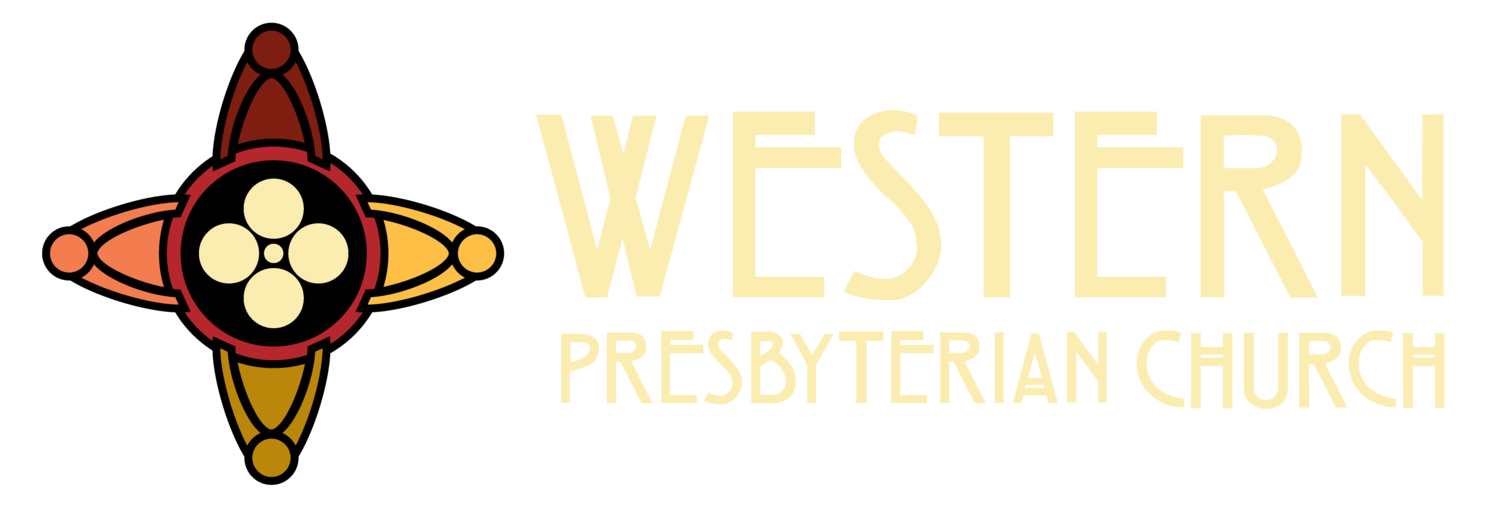A Word From David
Building Bridges
I noted in my first sermon as your bridge pastor that despite the presence of lakes, rivers, and countless ravines across the Holy Land there is not a single reference to bridges in scripture making me question the utility of the title. On the other hand, bridge is a useful metaphor for a congregation trying to cross over from one season of its life to what’s next.
I am no engineer. No one wants me to design bridges in the physical world. But I have watched them go up and I know that they start from the ground up.
The process begins with site inspections and plans. Western’s leaders have been doing this work for a while, and it has included the Congregational Assessment Tool (CAT) survey you did a few months back. Most of my work this summer in conversations with Western members and friends of the church falls under “site inspections.”
I’ve been trying to learn as much as I can about WPC’s history and present reality, and now it’s time to see what we can begin to build.
Actually building a bridge begins with the piers or the foundational work that supports the rest of the structure. For a presbyterian congregation that means understanding the unique gifts of our particular way of gathering and being the church of Jesus Christ.
Next month we’ll work on that foundation with an extended conversation about the presbyterian way of being church.
Presbyterian polity is more than a set of rules. At its deepest level of practice, our polity is the way we create and sustain a community that empowers all of its members to discern and follow the call to discipleship. In that way, our polity is also a spiritual practice.
Last week I read of the death of Sister Mary Theresa Kane. A prominent member of the Sisters of Mercy for almost 70 years, she spent her life trying to build a bridge to a different future for women and LGBTQ Catholics as an outspoken advocate for full inclusion – including ordination to the priesthood.
What has Sister Kane’s life to do with presbyterian polity? Nothing, and everything.
I was lucky enough to know the late Peggy Howland, who, in 1958, became the 12th woman ordained to ministry in the Presbyterian Church. I am lucky enough to work with the first generation of gay and lesbian pastors in the denomination, whose ordinations became possible less than a dozen years ago.
Sister Kane first made waves back in 1979, when she welcomed Pope John Paul II to the Shrine of the Immaculate Conception in DC, and called for the church “to be faithful to its call for reverence and dignity for all persons [and] respond by providing the possibility of women as persons being included in all ministries of our Church.”
More than 40 years later Roman Catholic women are still waiting to be included. Queer Catholics are still waiting for their church to welcome them at all.
The difference? Polity. Presbyterian polity rests on the conviction that God calls all people to ministries, and that we discern our various callings in and through the community of the church. Our polity empowers us, together, to discern the Spirit moving in our midst and calling us to change. Our polity, way more than any individual serving within it, is our bridge to the future.
I hope you’ll join me Sundays in September (other than Sept. 1) to explore this bridge-building way of being the church. We’ll meet in the upstairs conference room each week for about 45 minutes beginning about 15 minutes after worship. (On Sept. 8 I’m going to do the first session both before and after worship. The early section will meet in the courtyard room at 9:45. On the 15th, 22nd, and 29th we’ll meet only following worship in the upstairs conference room at approximately 12:15.)
